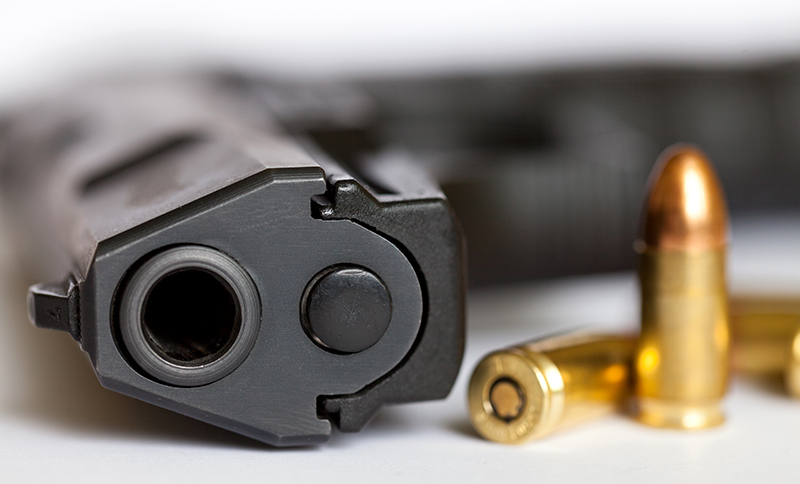SEATTLE, WA — A federal judge on Wednesday rejected a legal challenge from Seattle’s mayor and police chief, which asked the court to temporarily block a ban on most crowd control weapons, passed unanimously by City Council in June.
The law, set to go into effect on July 26, prohibits police use or possession of “kinetic impact projectiles, chemical irritants, acoustic weapons, direct energy weapons, water cannons, disorientation devices, ultrasonic cannons, or any other device that is designed to be used on multiple individuals for crowd control and is designed to cause pain or discomfort.”
An exception allows for the use of pepper spray outside the context of demonstrations, as long as it only hits a person committing a crime or “presenting an imminent danger to others.”
Last Friday, the mayor’s office and the Seattle Police Department filed a request for an injunction or temporary restraining order on the new ordinance, arguing in conflicted with the consent decree — the city’s federal oversight agreement with the Department of Justice. The filing argued the new law would run afoul of consent decree rules that bar SPD from making policy changes until they are approved by the court.
Judge James Robart, who oversees Seattle’s compliance with the consent decree, disagreed.
“Neither SPD nor the Mayor has made the required showing for the court to impose such extraordinary relief,” Robart’s ruling reads in part. “Indeed, the City’s notice makes no attempt to even identify the specific provisions of the Consent Decree that the CCW Ordinance may implicate.”
Robart noted that Friday’s filing correctly stated that the consent decree does not directly address what should happen if the council passed a law requiring a change to department policy. The judge also highlighted that similar, temporary restrictions on such weapons, like one imposed earlier by the police chief herself, did not garner a similar challenge.
Moving forward, Robart said the court will continue to review any implications the ordinance may have concerning the consent decree, which will include hearing recommendations from Seattle’s three police accountability branches.
The law will go into effect — without the mayor’s signature — on Sunday.




